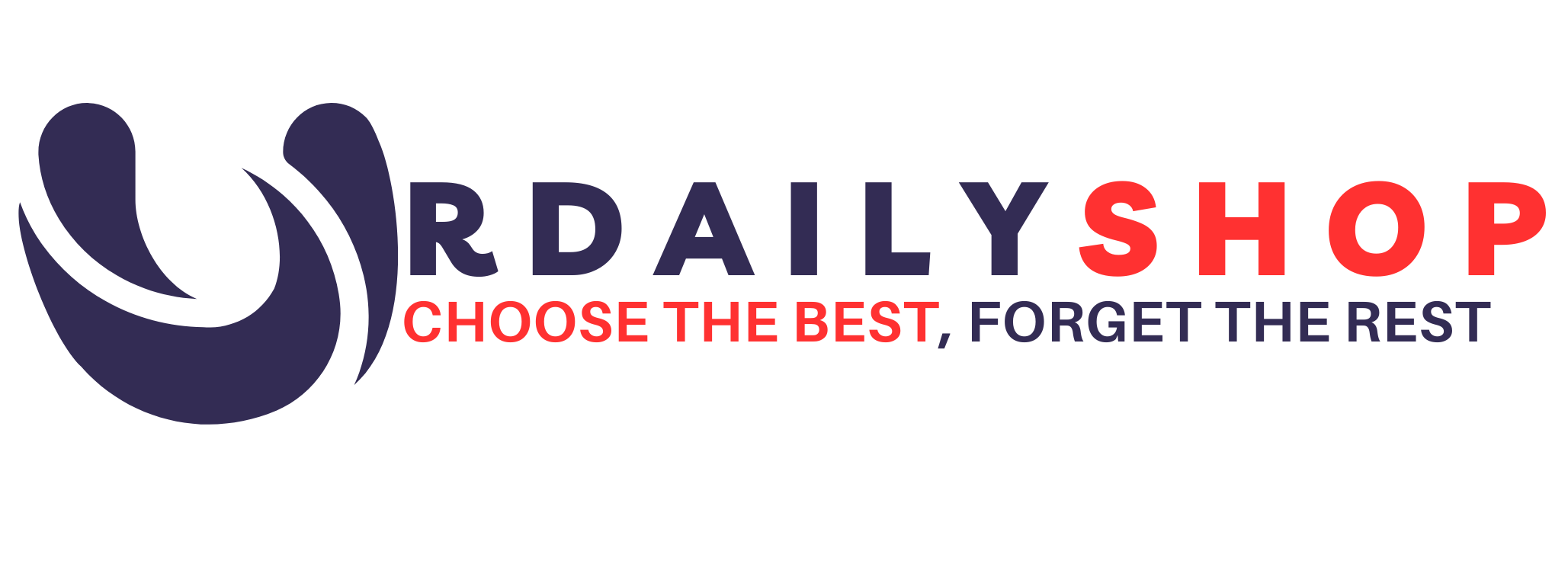
Even as medical and health policy leaders work together to drive the U.S. health system toward innovation across all dimensions—clinical, process, operational, and beyond—they must consider as potential partners people whose paper goes back centuries in time and history. doulas. Doulas are people who support women during childbirth, as well as in the event of miscarriage and stillbirth. That’s the view of leaders at the Mountain Area Health Education Center in Asheville, North Carolina, and the University of California, San Diego.
In the opinion section “Perspective” in The New England Journal of Medicine, Dolly Pressley Byrd, Ph.D., CNM, Elizabeth Buys, MD, Amanda Brickhouse Murphy, CNM, and Crystal Cené, MD, write “Community Doulas: Can Clinicians Share the Power to Improve Maternal and Child Health Outcomes?” that hiring doulas could dramatically improve outcomes for Black women during childbirth. They note in their December 28 article that, “as healthcare professionals concerned with life-or-death outcomes, we easily label experiences that do not end in absolute failure as “successes.” However, for many patients, success requires more, especially for the thousands of black patients who each year have [very negative] birth experiences. One way to improve perinatal outcomes (not only morbidity and mortality but also patient satisfaction) is to form partnerships between perinatal care providers and community doulas. Unfortunately, even in parts of the United States where such partnerships are possible, doctors are often hesitant or unwilling to share power.”
The authors write that “black women who give birth in the United States have higher rates of serious complications than white women who give birth. Black patients and babies they deliver are two to three times more likely than their white counterparts to die within a year after giving birth, even after adjusting for educational or socioeconomic factors.1 Our current model of perinatal care does not is working. We continue to focus on standardization and technology aimed at improving safety, while outcomes worsen and racial inequalities increase. We must reconsider the status quo and explore innovative solutions to this serious problem. One approach to addressing racial inequalities in perinatal outcomes is to foster partnerships between medical professionals, healthcare organizations, and community doulas,” they emphasize.
And the authors of the article directly address the socioeconomic and sociocultural elements involved in this landscape, writing that “as trained non-clinical professionals, doulas provide physical, emotional, and educational support during the perinatal period, while also advocating for patients. For the past several decades, the majority of American doulas have been white women from middle-income backgrounds who serve well-off clients who can pay out of pocket for their services. But for Black people who give birth, doulas from their own communities build trust because of their similar social positions and lived experiences. Like community health workers, community doulas can help mitigate the effects of systemic racism and discriminatory treatment. “Research shows that doula support reduces rates of cesarean sections, NICU admissions, and preterm births, while increasing breastfeeding rates and patient satisfaction,” they report.
Currently, 6 percent of births are attended by doulas. And while a problem remains lack of reimbursement by Medicaid programs and private health insurers, the authors note that “physicians’ unwillingness to share power with nontraditional members of the care team may also contribute” to the lack of doula presence in so many labor and delivery rooms. His recipe? Doctors should welcome doulas who accompany patients to prenatal appointments and the delivery room, while hospital administrators “can develop training for clinical staff in shared decision-making and truly informed consent techniques.” , and can offer doulas “affiliate status” and provide them with “name badges that identify their role.”







